I just saw an image of a rainbow on the Pittsburgh Theological Seminary Facebook page–along with a thank you to Master of Divinity student Caryn Doege for “sharing this beautiful photo and reminder of God’s love.” The seminary paired this image with a familiar passage from Genesis:
“I have set my bow in the clouds, and it shall be a sign of the covenant between me and the earth” (Genesis 9:13, NRSV).
We need to think about what is happening in this verse. Just what is it that God has placed in the clouds? We may respond, immediately, “A rainbow, of course!” But what is a rainbow? Our thoughts may go to sentimental whimsy

or to the science of optics
:max_bytes(150000):strip_icc():format(webp)/the-visible-light-spectrum-2699036_FINAL2-c0b0ee6f82764efdb62a1af9b9525050.png)
or, perhaps to the politics of inclusion (the PTS student organization supporting LGBTQ+ persons is appropriately called “The Rainbow Covenant”).

The Hebrew word used in Genesis 9:13-16 is qeshet, which does mean “rainbow” in Ezekiel 1:28. However, Ezekiel’s vision pretty explicitly alludes back to the Genesis flood story:
Just as a rainbow lights up a cloud on a rainy day, so its brightness shone all around. This was how the form of the Lord’s glory appeared.
Otherwise, we have to go to late Hebrew (Sirach 43:11; 50:7) to find qeshet meaning “rainbow.”

Everywhere else in the Hebrew Bible, qeshet refers to the bow as a weapon, whether in the hands of a hunter (for example, Genesis 27:3) or a warrior (for example, Zechariah 9:10). So here, the rainbow is the LORD’s war bow (Habakkuk 3:9; Psalm 18:14), which God sets aside, placing it in the clouds.
Remember, God had just finished destroying the world with a flood, returning the cosmos to pre-creation chaos. It was an action taken in sorrow and regret, to put an end to the violence and corruption that threatened God’s ordered world–but nonetheless, it had been done. Now, as life begins again on the renewed earth, the unavoidable question for the reader has got to be, what if this happens again?

God promises that it will never happen again: “I will set up my covenant with you so that never again will all life be cut off by floodwaters. There will never again be a flood to destroy the earth” (Gen 9:11). Then, to underscore and seal that promise, God disarms Godself:
I have placed my bow in the clouds; it will be the symbol of the covenant between me and the earth. When I bring clouds over the earth and the bow appears in the clouds, I will remember the covenant between me and you and every living being among all the creatures. Floodwaters will never again destroy all creatures. The bow will be in the clouds, and upon seeing it I will remember the enduring covenant between God and every living being of all the earth’s creatures.” God said to Noah, “This is the symbol of the covenant that I have set up between me and all creatures on earth” (Genesis 9:13-17).
“Covenant” is not an everyday word–mostly, we encounter it in the sanctified vocabulary of the Bible or the church. When you see this word, think “treaty,” or “binding contract.” In the final form of the Torah, the priestly editors have tied the text together with a chain of these contracts, binding and committing God to the world, and the world to God.

This is the first covenant in that chain: one made, not merely with Noah, or his kin, or even with the entire human family, but rather with “with every living being with you—with the birds, with the large animals, and with all the animals of the earth, leaving the ark with you” (Gen 9:10). The others are the covenant with Abraham, promising him land and descendants (Gen 17:1-8); and the covenant with all Israel established through Moses on Sinai (Exod 31:16-18). Each of the three is called a berit ‘olam: an enduring, everlasting, or eternal covenant. Each is sealed and memorialized by a sign: sabbath for the Sinai covenant, circumcision for the covenant with Abraham, and for this first covenant in the chain, the LORD’s bow in the cloud. By setting God’s bow aside, God declares that, henceforth, God will not come against the earth and its people as an enemy, armed for battle.
Of course, other texts in Scripture view matters differently. The prophets sometimes describe the LORD’s judgment on Israel in such stark terms that God appears as the enemy of God’s own people (for example, Ezekiel 6:1-14). Apocalyptic texts famously speak of another, final end of the world, despite the promise in Genesis 9. The African American spiritual “O Mary Don’t You Weep” (here, by Mississippi John Hurt; first recorded by the Fisk Jubilee Singers) cleverly gets around this conflict: “God gave Noah the rainbow sign, no more water but the fire next time”!
But the fact that other texts follow a different path should not draw our attention from what is happening here. Indeed, God laying aside God’s bow, and rejecting the role of warrior, marks the beginning of a pronounced trajectory through Scripture, leading from Genesis through Hosea 11:8-9
How can I give you up, Ephraim?
How can I hand you over, Israel?
How can I make you like Admah?
How can I treat you like Zeboiim? [towns destroyed along with Sodom and Gomorrah]
My heart winces within me;
my compassion grows warm and tender.
I won’t act on the heat of my anger;
I won’t return to destroy Ephraim;
for I am God and not a human being,
the holy one in your midst;
I won’t come in harsh judgment.
through, as we have seen before, Zechariah 9:9-10:
Rejoice greatly, Daughter Zion.
Sing aloud, Daughter Jerusalem.
Look, your king will come to you.
He is righteous and victorious.
He is humble and riding on an ass,
on a colt, the offspring of a donkey.
He will cut off the chariot from Ephraim
and the warhorse from Jerusalem.
The bow used in battle will be cut off;
he will speak peace to the nations.
His rule will stretch from sea to sea,
and from the river to the ends of the earth.
and leading, by Jesus’ humble road, from Bethlehem to Calvary to the empty tomb and beyond; to, finally, the Elder’s profound statement of who and what God is:
Dear friends, let’s love each other, because love is from God, and everyone who loves is born from God and knows God. The person who doesn’t love does not know God, because God is love (1 John 4:7-8).
There are of course other trajectories through Scripture, friends. But particularly in these conflict-ridden days, we should not ignore this one, which begins and ends with God coming in peace.
![The Jeopardy episode was picked up by people on social media, many of whom blasted the show's producers and host for revising history [File: Chris Pizzello/AP]](https://www.aljazeera.com/mritems/imagecache/mbdxxlarge/mritems/Images/2020/1/11/c4affaa5eaf54e6b8e97d1d1c67f7fe3_18.jpg)


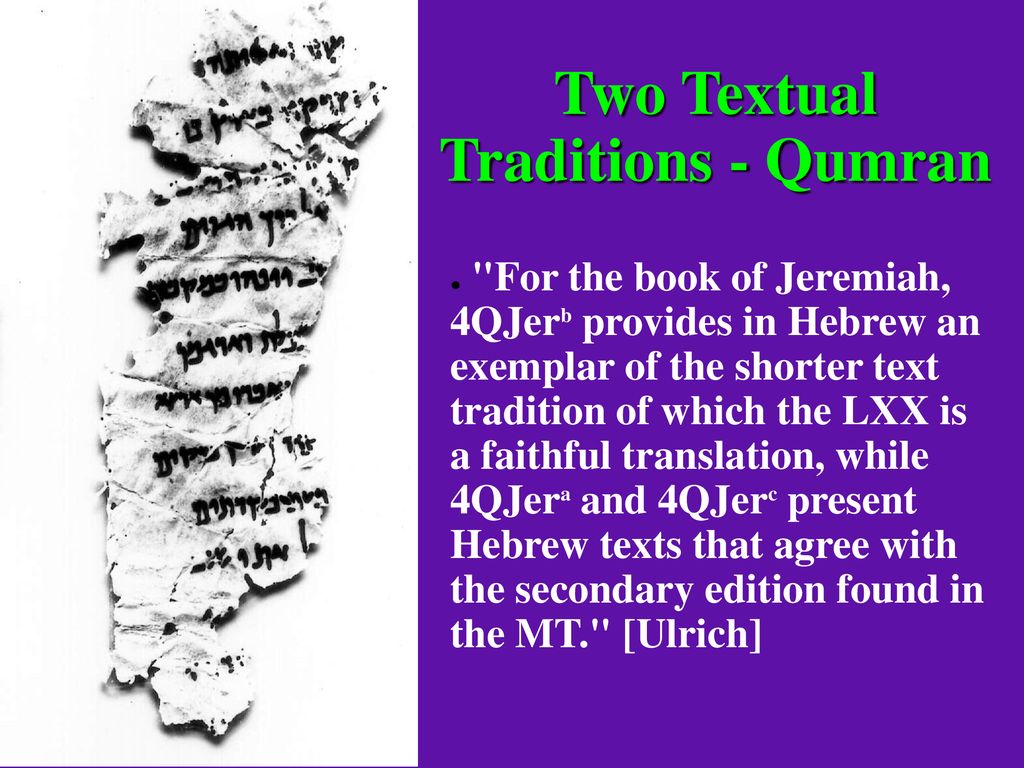


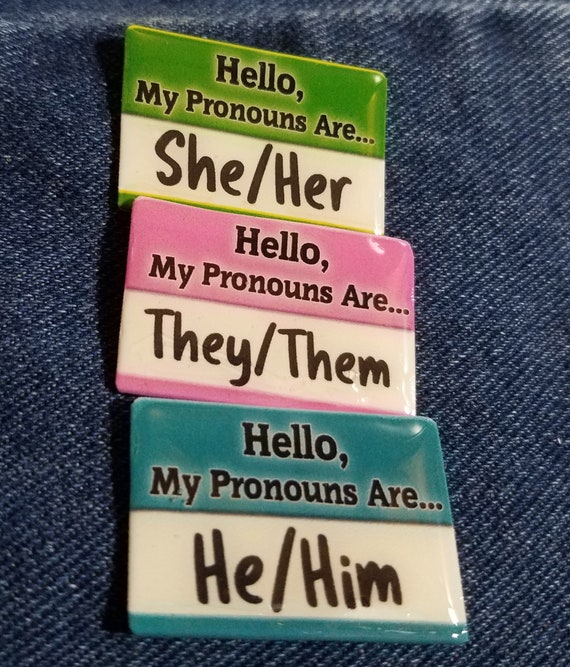

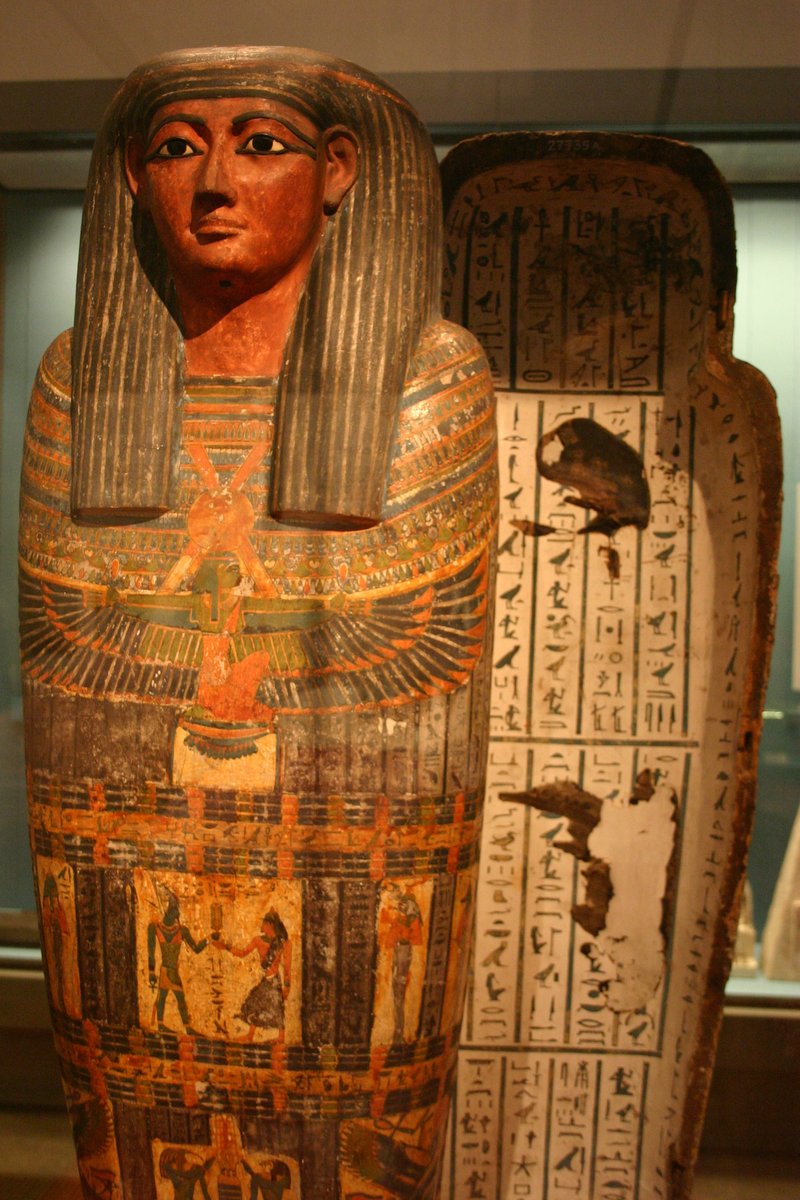
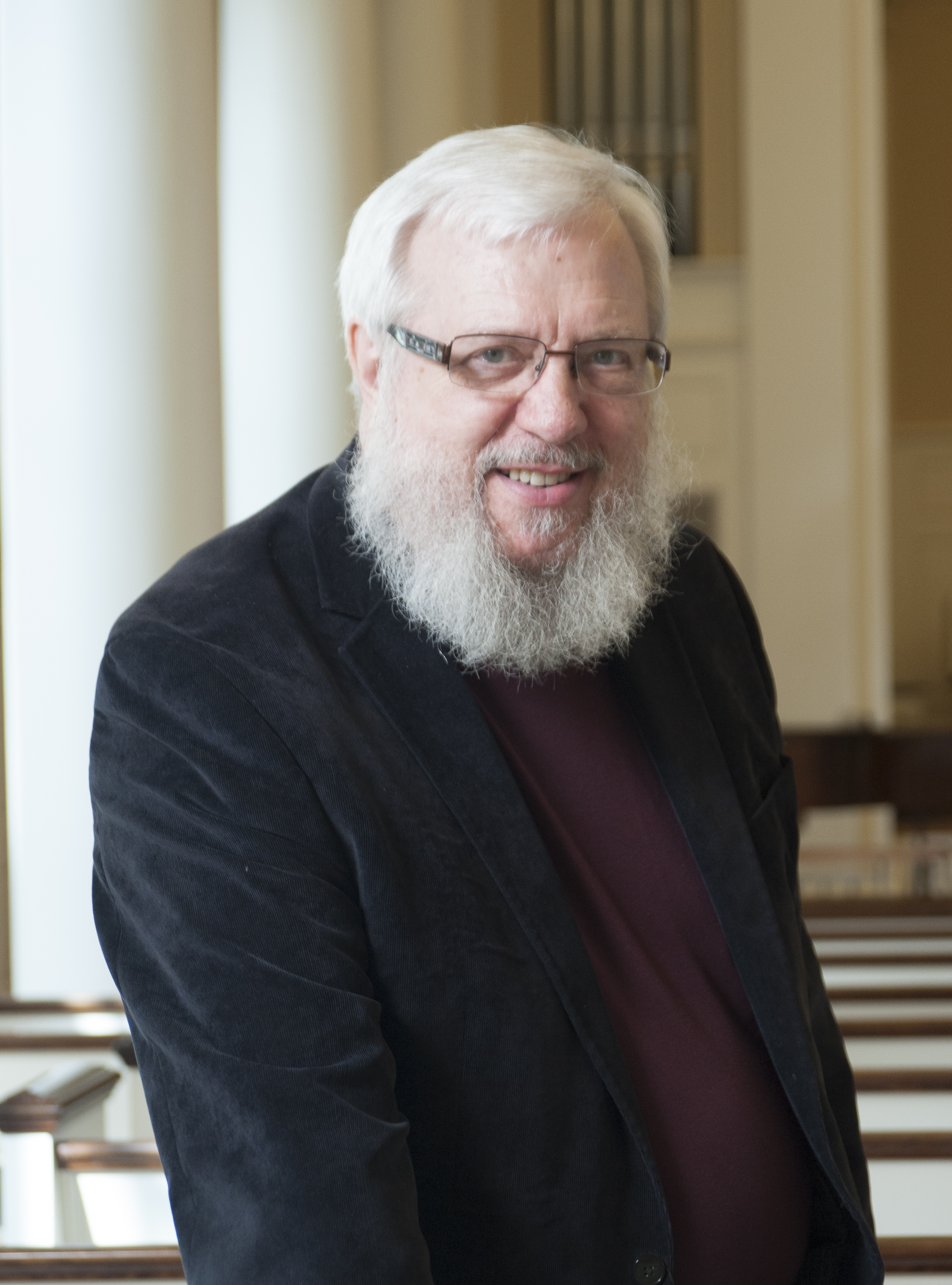
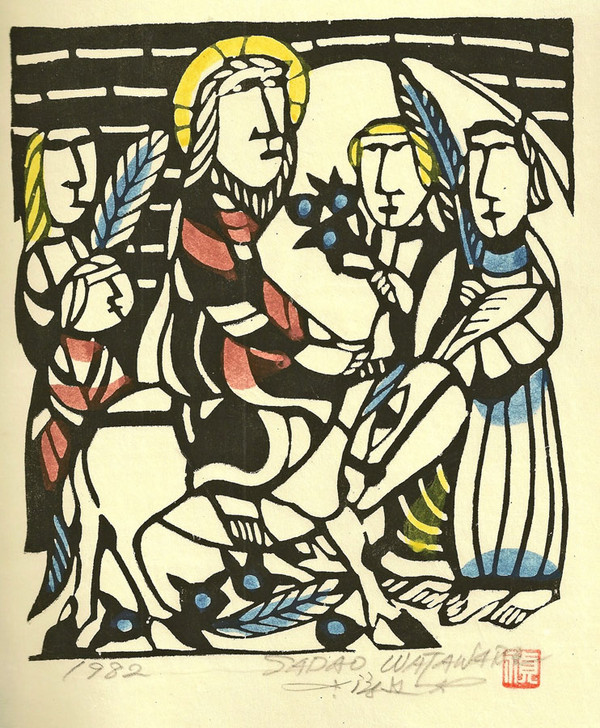 The alternate Hebrew Bible text for this Sunday in the
The alternate Hebrew Bible text for this Sunday in the 